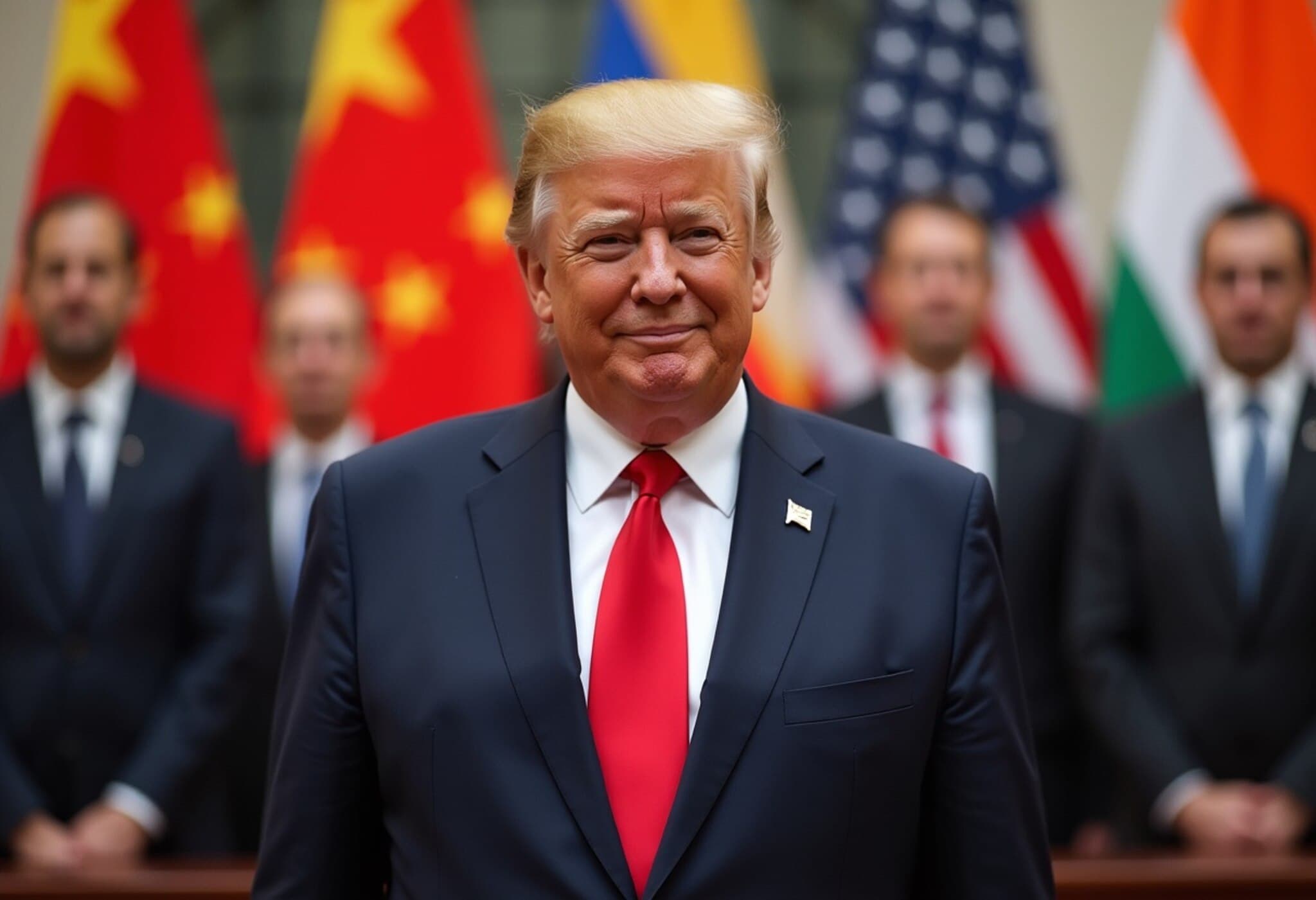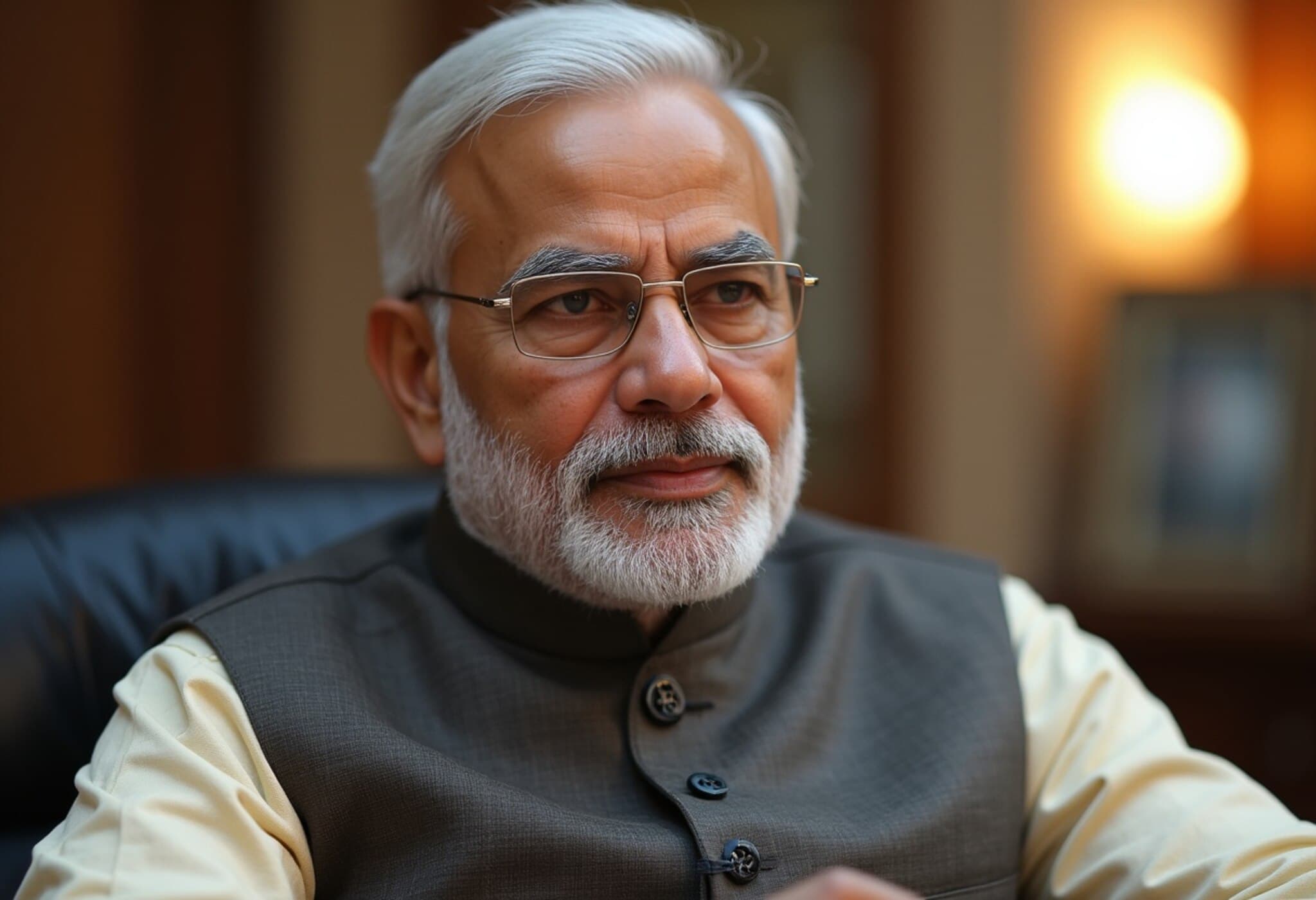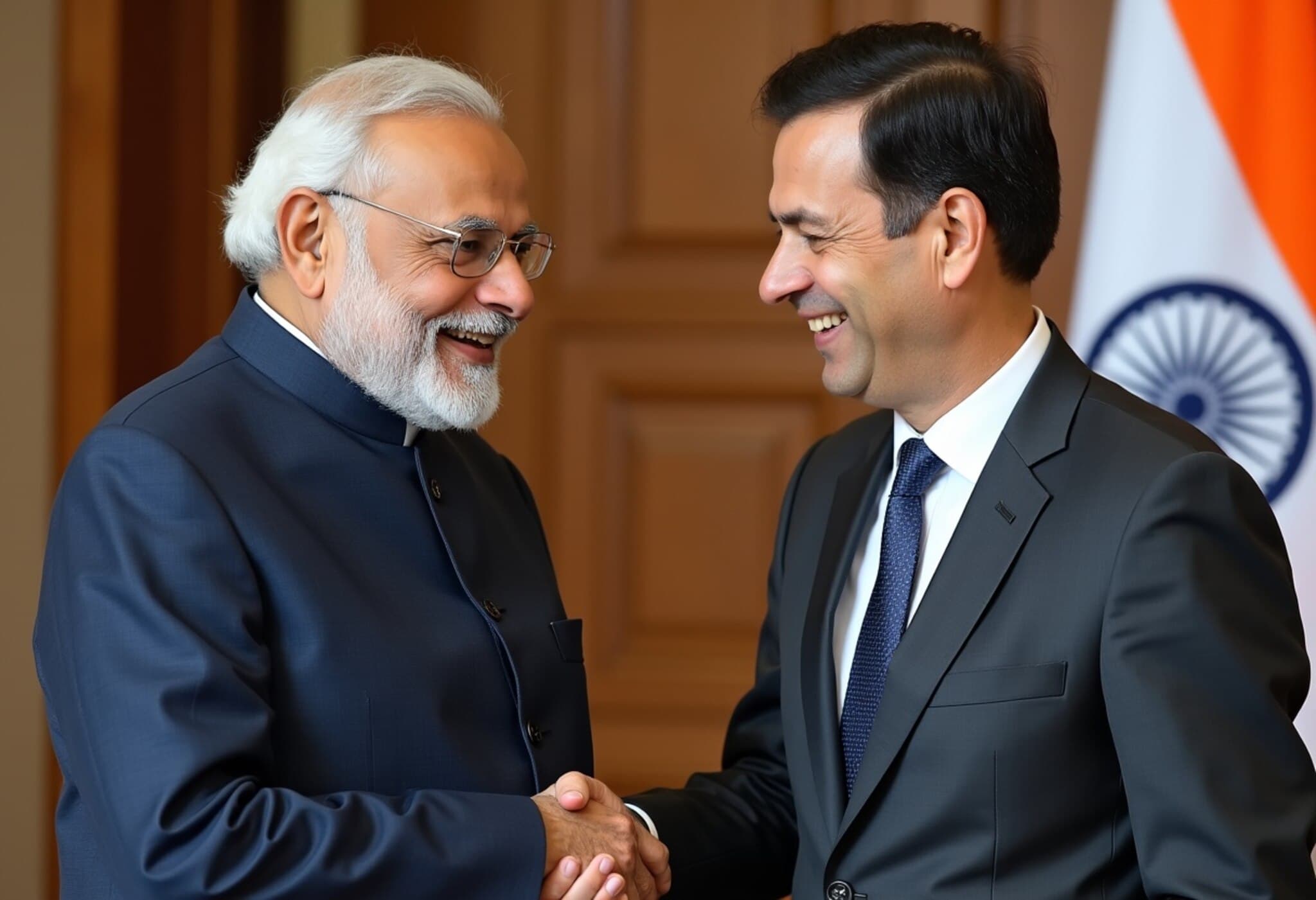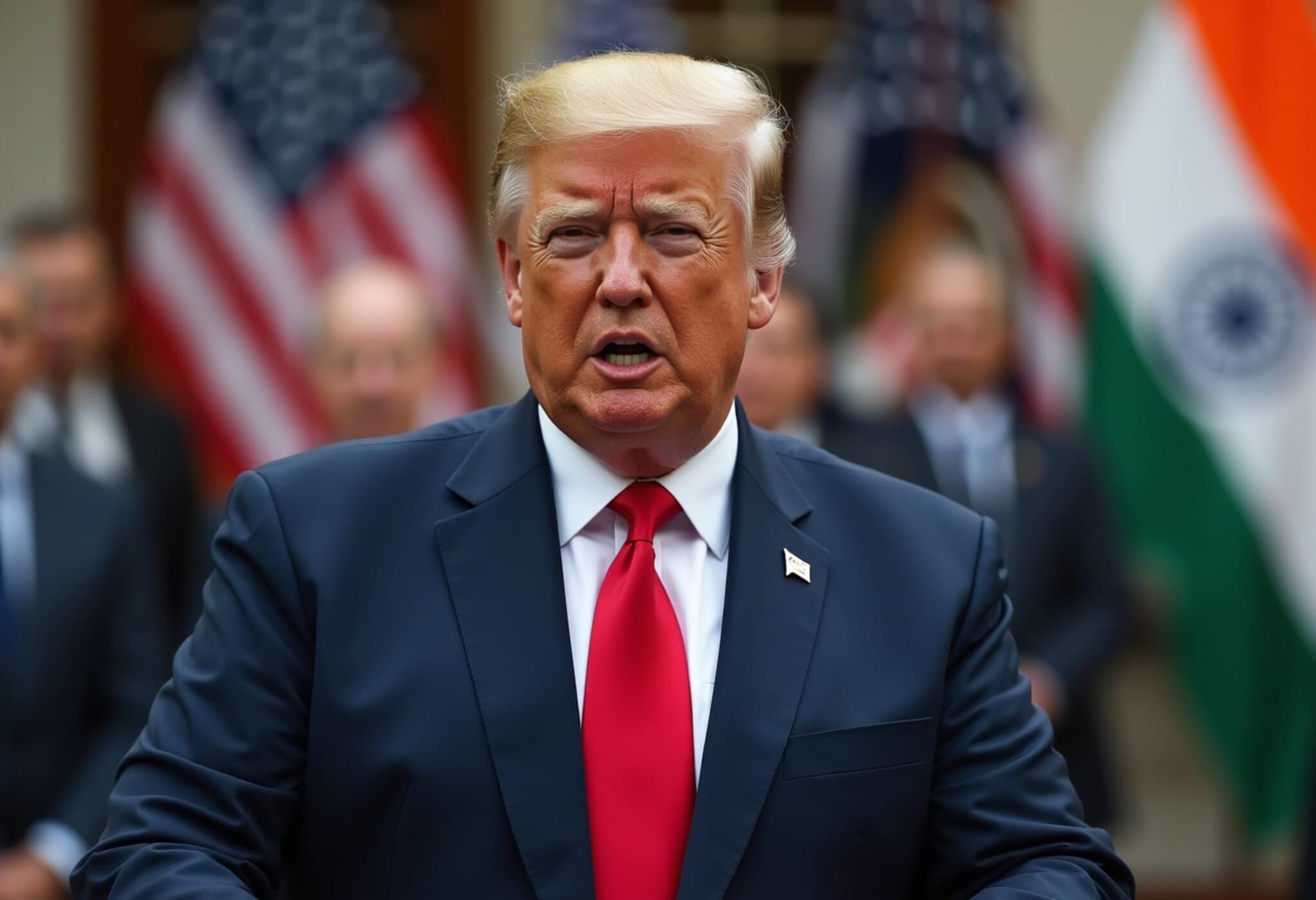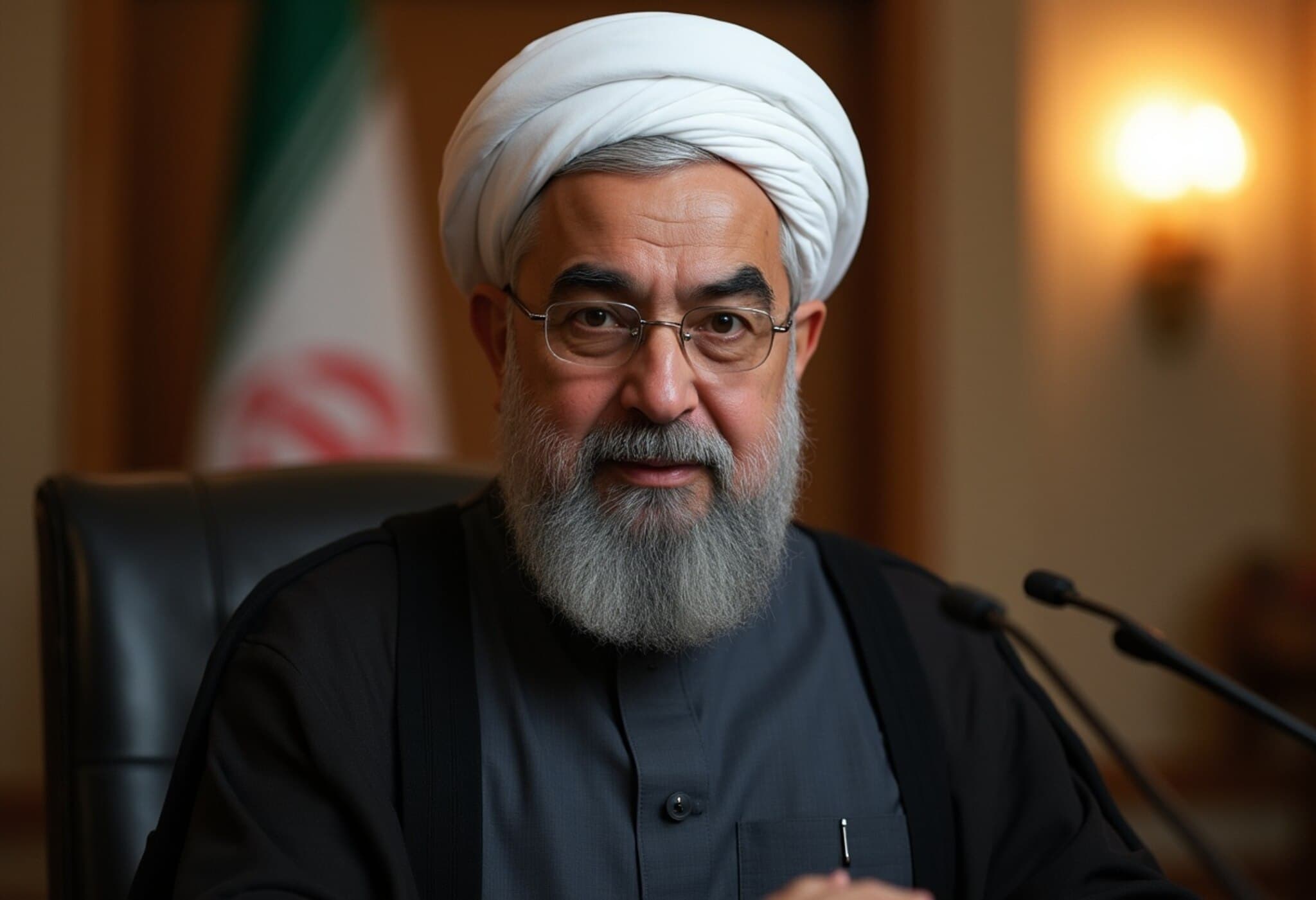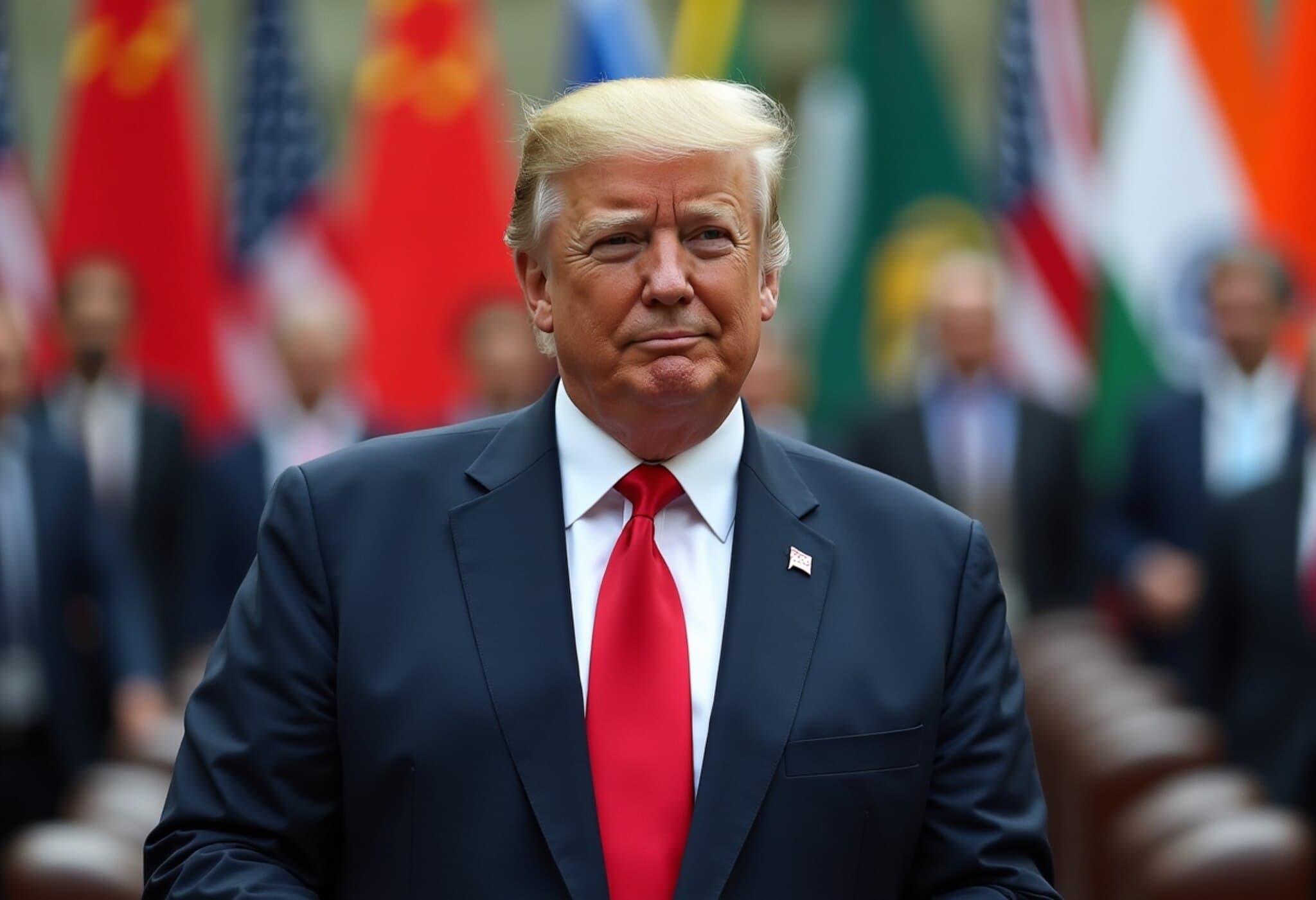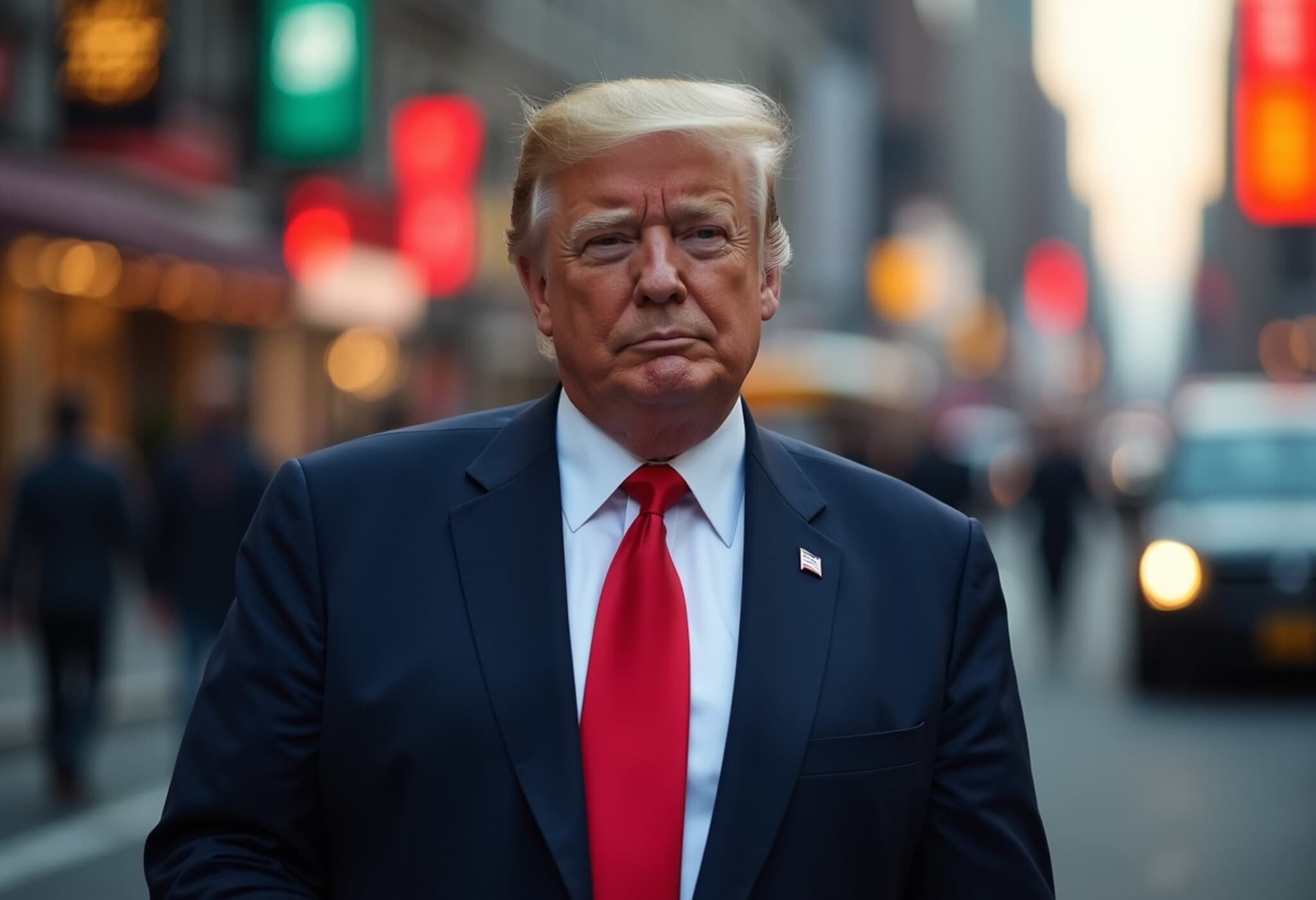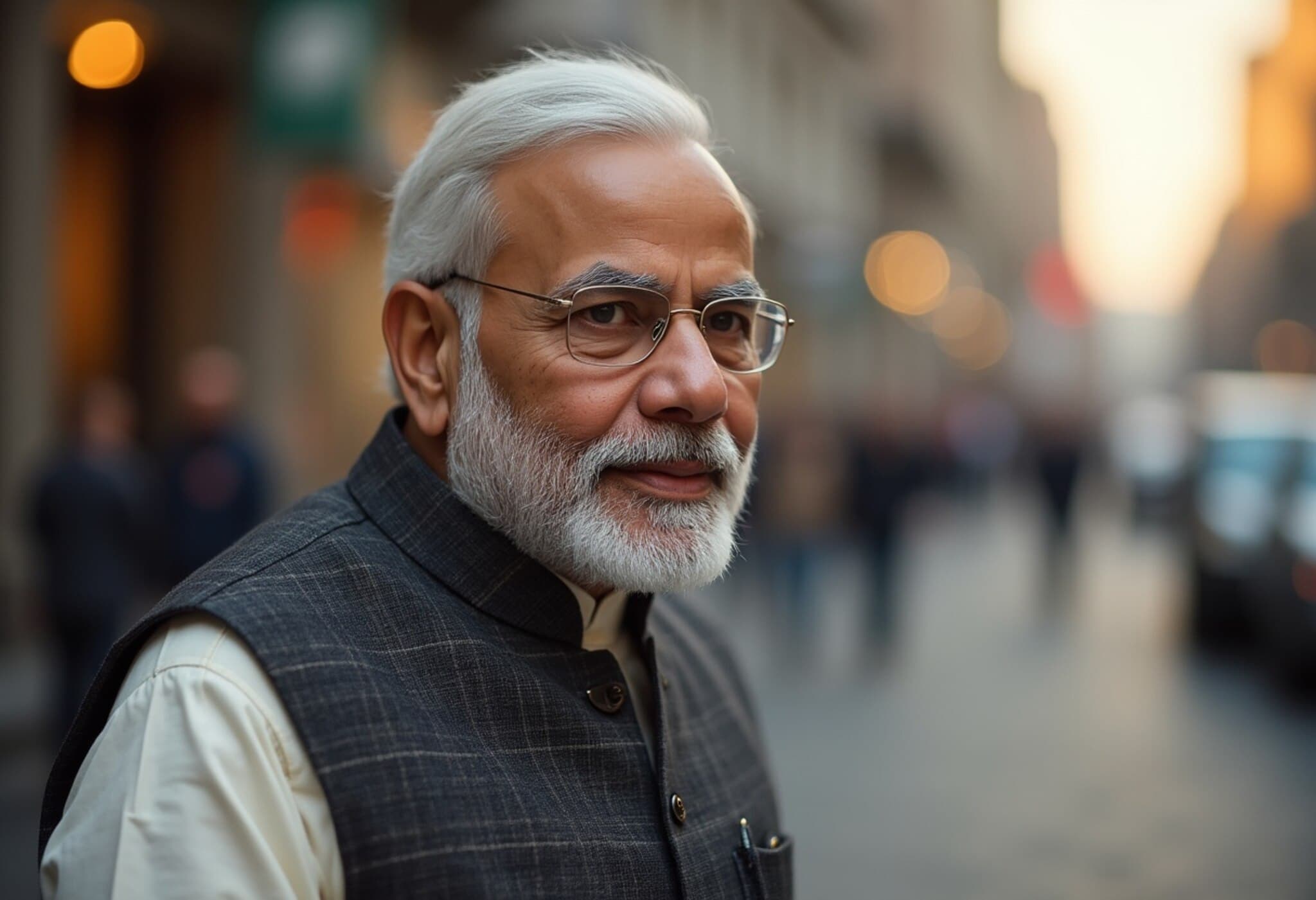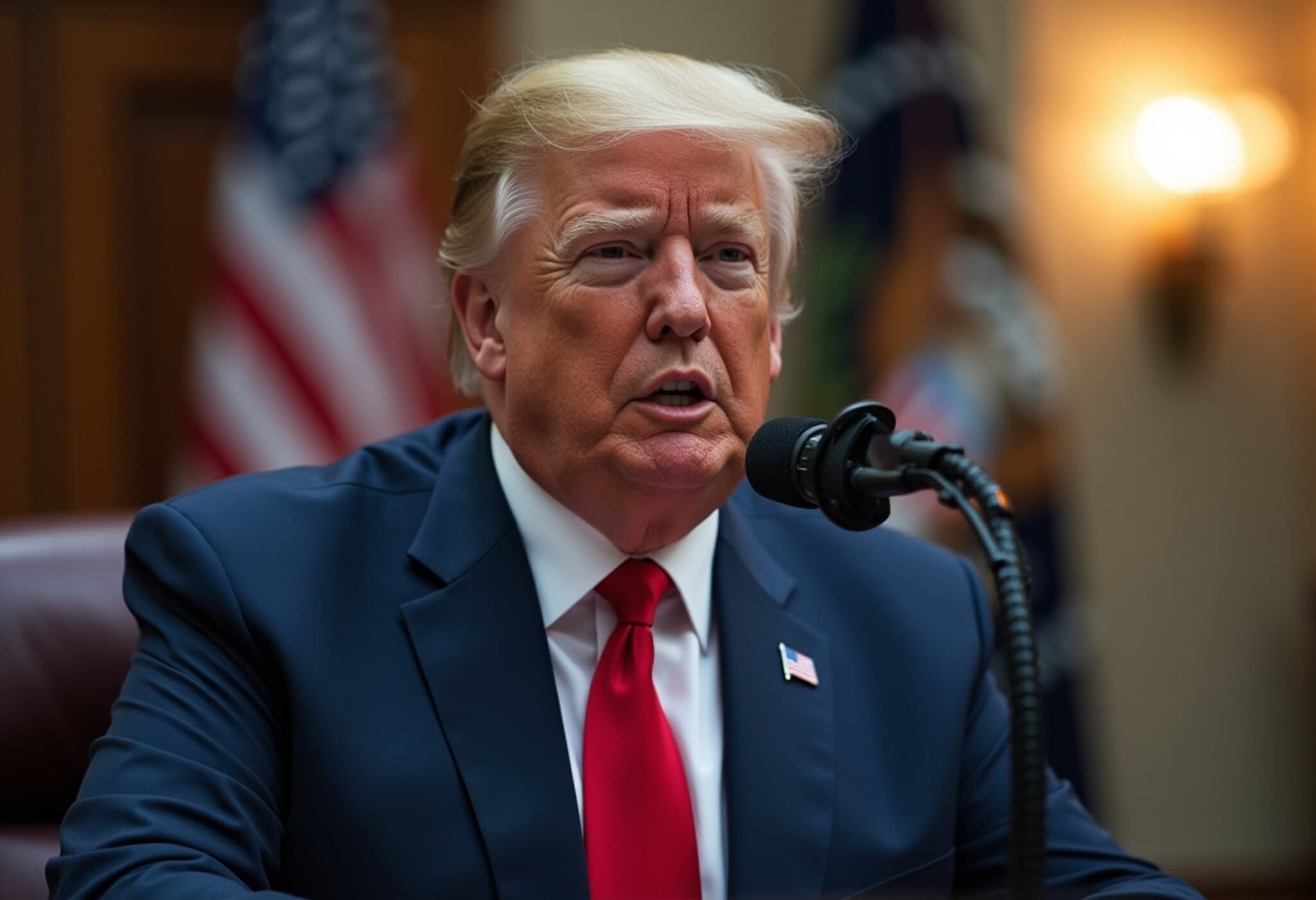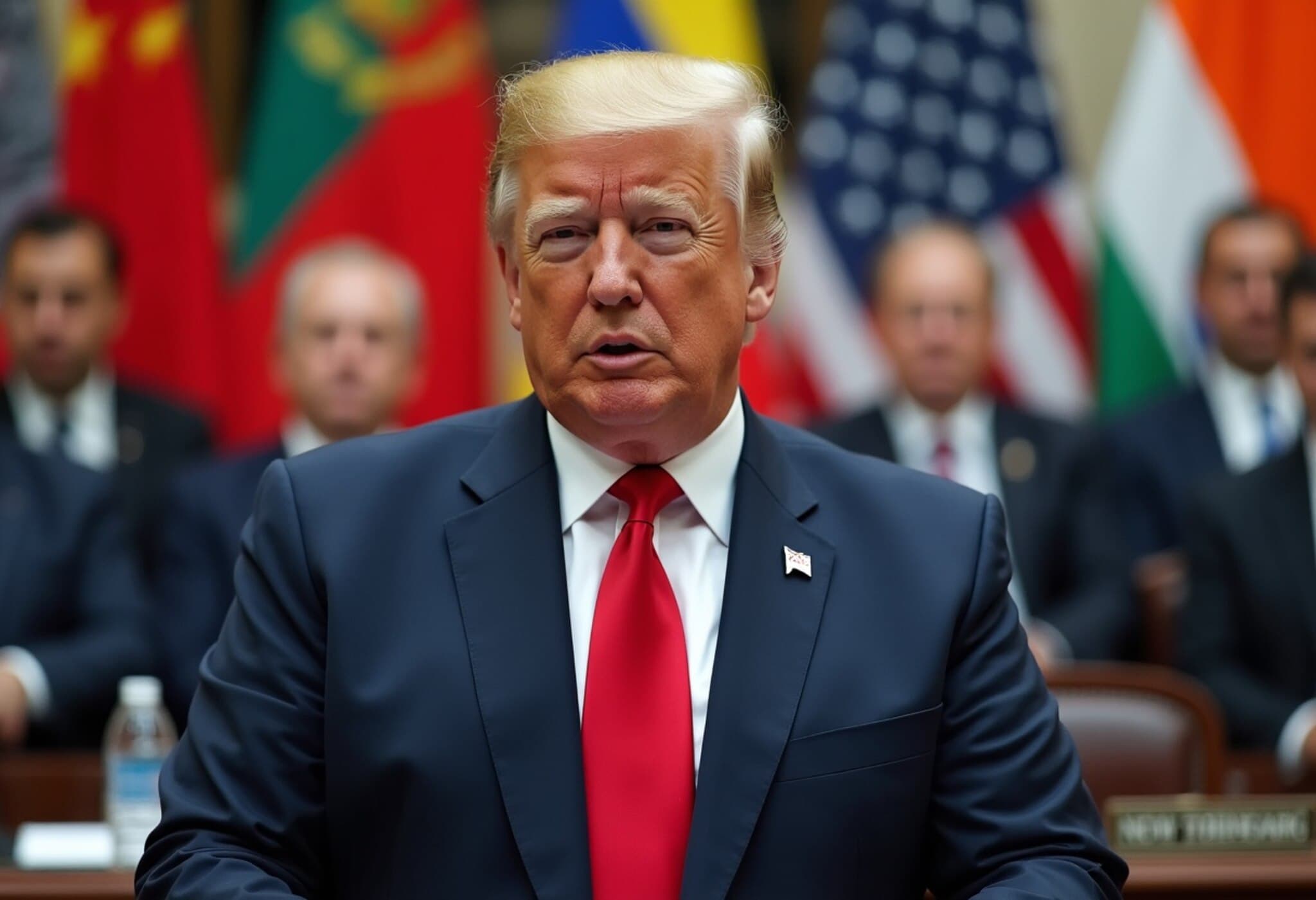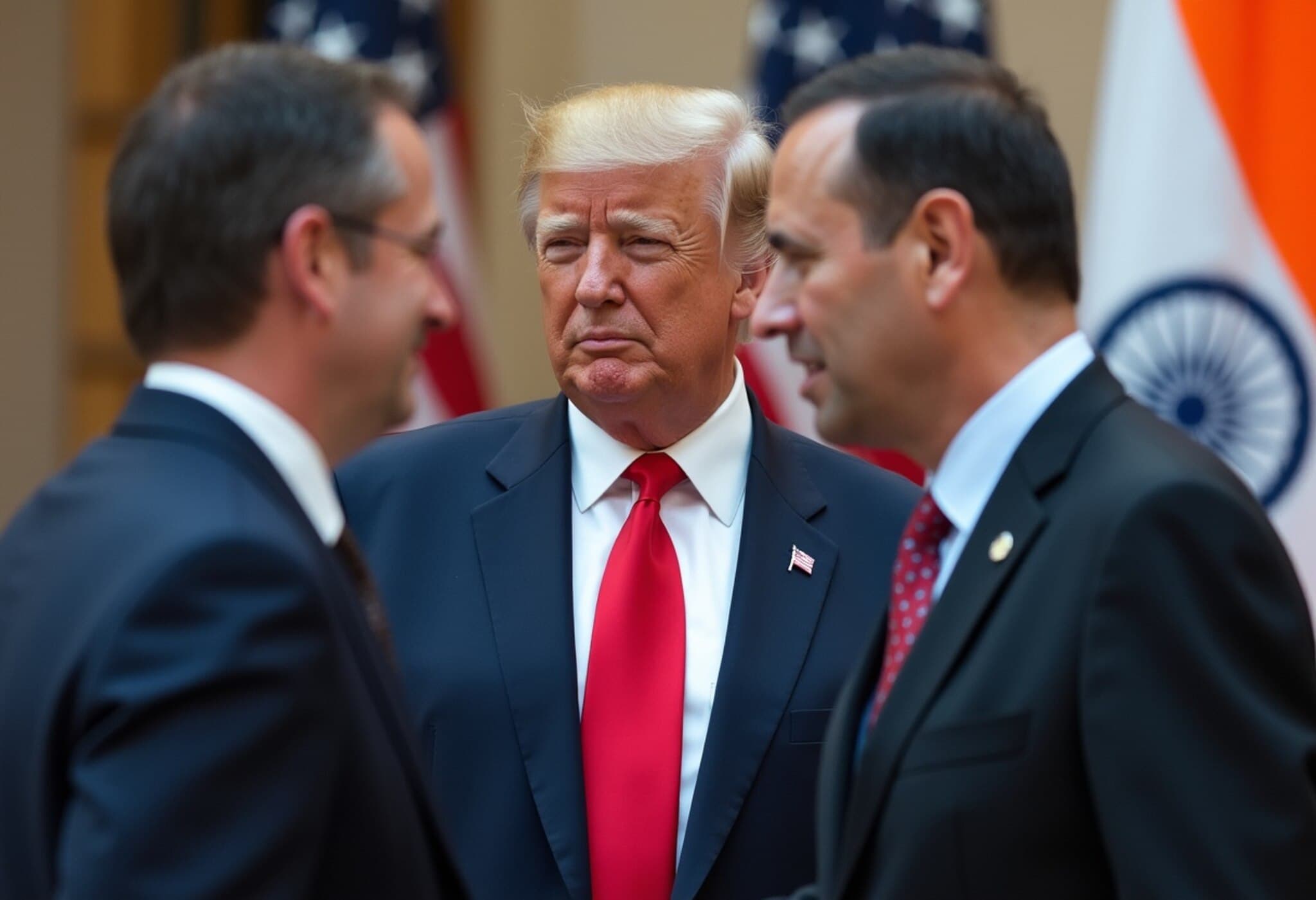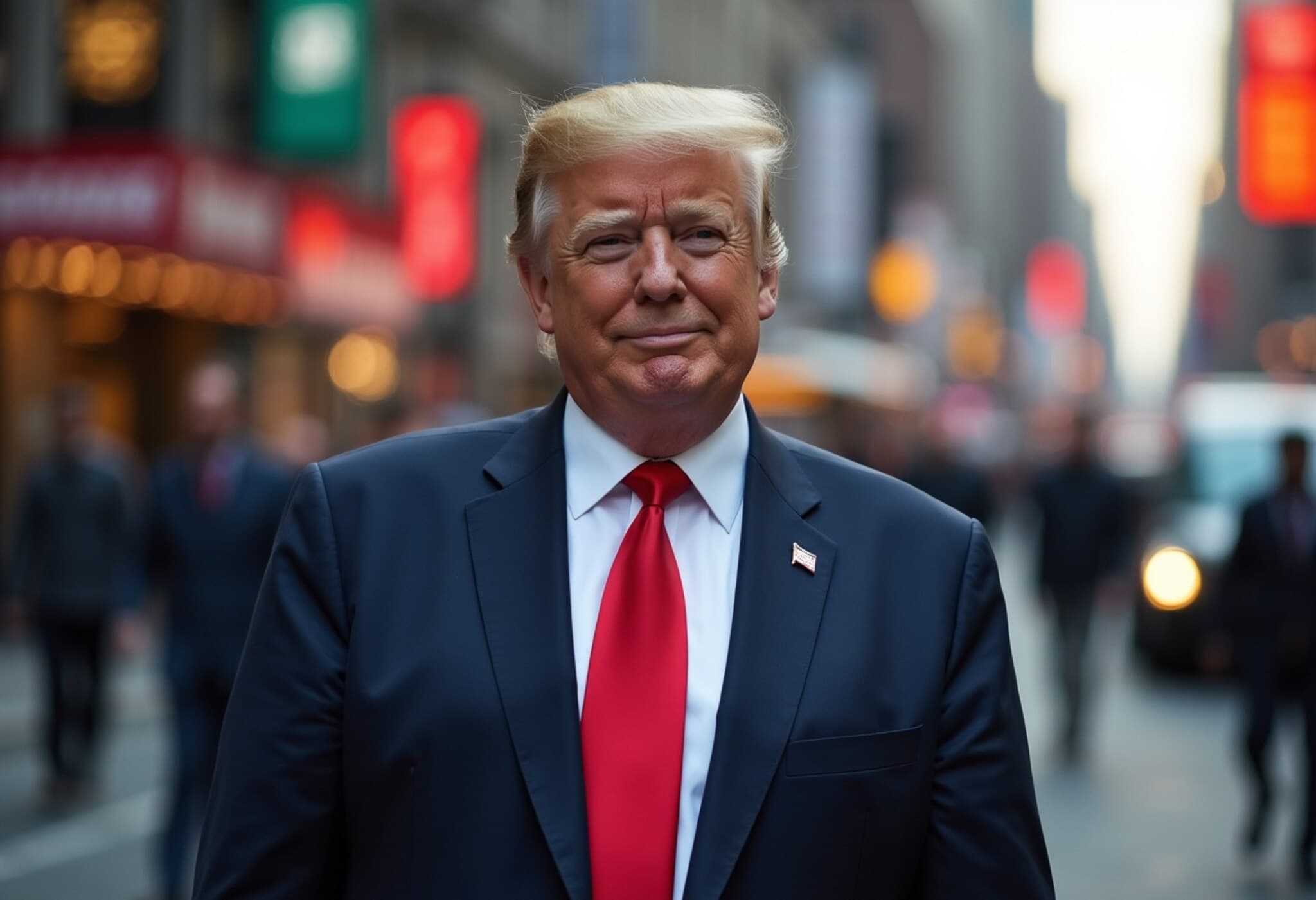China's Stance on BRICS Amid US Tariff Threats
In a significant development that underscores the escalating trade tensions between the United States and the emerging economies group BRICS, China has firmly stated that the bloc is not seeking confrontation, despite recent threats from former US President Donald Trump. The announcement comes shortly after Trump warned of imposing an extra 10% tariff on countries aligned with what he termed "anti-American policies" espoused by BRICS members.
China Urges Against Tariff Wars
Mao Ning, a spokesperson for China’s Ministry of Foreign Affairs, emphasized that trade wars and protectionism are counterproductive, stating, "Trade and tariff wars have no winners and protectionism offers no way forward." She also described BRICS as "an important platform for cooperation between emerging markets and developing countries," highlighting its commitment to openness, inclusivity, and win-win cooperation.
“The bloc does not engage in camp confrontation and is not targeted at any specific country,” Mao added, signaling China’s desire to de-escalate tensions amid growing geopolitical frictions.
Trump’s Tariff Threats and BRICS’ Response
Earlier, Trump communicated through his social media platform, Truth Social, that any nation aligning with BRICS' "anti-American policies" would face an additional 10% tariff on imports into the US, with no exceptions. However, he did not clarify which policies he considered "anti-American," leaving significant uncertainty for global trade partners.
The BRICS group—which now includes Brazil, Russia, India, China, South Africa, and has expanded recently to Egypt, Ethiopia, Iran, the UAE, and Indonesia—had condemned rising tariffs in a statement issued at their summit in Rio de Janeiro. Without naming the US or Trump directly, the bloc warned that increasing tariffs jeopardize global trade stability, signaling concern about the US’s aggressive trade posture.
BRICS: A Rising Power Amid Shifting Global Alliances
The BRICS coalition was originally established two decades ago to foster cooperation among rapidly developing economies, positioned as a counterbalance to Western economic dominance. In recent years, its role has grown more prominent amid the fracturing of forums like the G7 and G20 due to internal divisions and the disruptive effects of policies such as "America First."
The group now portrays itself as a beacon for multilateral diplomacy, pushing back on stringent tariffs and geopolitical confrontations. This stance resonates deeply with countries seeking alternatives to the traditional US-EU-led economic order, reflecting broader shifts in global power balances.
US Trade Policy Amid Ongoing Uncertainty
As Trump’s administration moved to finalize multiple trade agreements before a July 9 deadline to avoid higher retaliatory tariffs, the threat of snapback tariffs loomed large. The US plans to send warning letters to up to 15 countries, signaling a readiness to escalate tariff measures if negotiations falter.
These developments raise critical questions about the future of global trade, alliance-building, and economic diplomacy. While the US pursues assertive measures under the guise of protecting its interests, emerging economies are increasingly banding together to assert autonomy and resist what they see as protectionist overreach.
Expert Commentary and Broader Implications
Trade analysts note that China’s response seeks to calm nerves and maintain BRICS cohesion amid external pressure. The emphasis on "no confrontation" and mutual cooperation aims to preserve the bloc’s unity, but the reality is complex. The US tariff threats could push more countries firmly into the BRICS camp, potentially accelerating a realignment of global trade patterns.
Moreover, the broad and somewhat vague definition of "anti-American policies" invites interpretation and uncertainty, potentially unsettling global markets and diplomatic relations. It underscores the dangers of unilateral policy declarations and the need for clear, rules-based trade frameworks.
Regional Relevance: Impact on American Trade Partners
For American businesses and trade partners, the evolving tensions signal increased risks. Companies in countries targeted by BRICS or caught in the crossfire of US tariffs may face supply chain disruptions, increased costs, and strategic dilemmas about aligning with one bloc or another. Policymakers must navigate these challenges carefully to avoid unintended economic fallout.
Conclusion: Navigating a Fractured Trade Landscape
The unfolding dispute highlights a broader challenge in 21st-century international relations—how to balance national interests with cooperative global economic governance. While rhetoric heats up, the pathway forward demands dialogue, mutual respect, and pragmatic solutions that prioritize stability over brinkmanship.

